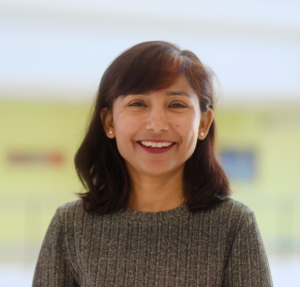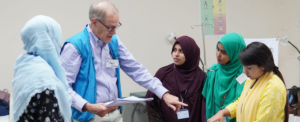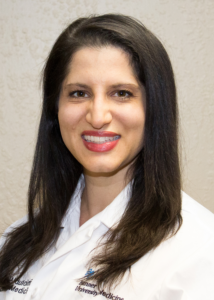Dr. Firdausi Qadri, head of the “Cholera Hospital” in Bangladesh, has dedicated her career to fighting a disease that continues to threaten millions worldwide, by conducting vaccine research and advocacy.

At 73, Dr. Firdausi Qadri shows no signs of slowing down in her decades-long battle against cholera in Bangladesh. Known as the “queen of cholera” by colleagues and a “godmother” to the field, Qadri has become a scientific giant in the fight against an ancient disease that continues to plague her country and many others around the world.
Bangladesh sits at the cradle of cholera – the Ganges River delta is believed to be the origin of six of the seven cholera pandemics that have swept the globe over the past 200 years. The International Centre for Diarrhoeal Disease Research, Bangladesh (ICDDR,B) — known as the “Cholera Hospital” — where Qadri heads the Mucosal Immunology and Vaccinology Unit, stands as a crown jewel of South Asian science and the world’s premier institution for cholera research and treatment.
Qadri’s work has focused on demonstrating the benefits of oral cholera vaccines and advocating for their widespread use. Despite their proven effectiveness, the rollout of these vaccines has been painfully slow due to limited resources and competing priorities in global health. A global stockpile established in 2013 has helped, but manufacturing limitations and soaring demand have created critical shortages.

The challenges remain immense. In 2022, Dhaka experienced its worst cholera outbreak in over 25 years, with ICDDR,B treating more than 42,000 patients in just 41 days. Climate change, conflicts, and inadequate water and sanitation infrastructure have fueled a global surge in outbreaks across dozens of countries.
Born when Bangladesh was still a province of Pakistan, Qadri was encouraged by her grandmother to pursue education at a time when this was unusual for girls in the country’s Muslim-majority society. After completing her PhD in the UK, she returned to Bangladesh in 1980 to help rebuild her destitute country. She joined ICDDR,B in 1986 and has since become one of the world’s leading experts on intestinal pathogens.

Beyond her work at ICDDR,B, Qadri used prize money to establish the Institute for Developing Science and Health initiatives (IDESHI) in 2014 to train young scientists and address neglected health issues in Bangladesh. The institute employs more than 60 people, with forty percent being women — an unusually high number in Bangladesh.
Despite recent political turmoil in Bangladesh and funding challenges at ICDDR,B, which recently laid off more than 1,000 employees due to a freeze in U.S. foreign assistance, Qadri remains optimistic about the fight against cholera and other public health problems in her country.
“It’s sad when you have a way to prevent disease and you can’t use it,” Qadri told Science, reflecting her continuing frustration with the challenges of vaccine access while reinforcing her unwavering commitment to the cause.
Read the full article by Martin Enserink for Science magazine, February 6, 2025: In the cradle of cholera
Watch the video from Bill Gates:
Related Articles

From Humble Beginnings to Global Impact: Dr. Sheetal Pundir’s Journey in Eye Health
As a third-year Resident at McGill University, Dr. Pundir brings expertise in ophthalmology to underserved communities through Orbis’s Flying Eye Hospital, combining research excellence with a deep commitment to global eye health education.

Training Midwives in Bangladesh to Protect Rohingya Newborns — Insights from a MedGlobal Volunteer
Dr. Paul Holtrop reflects on his mission to equip midwives with critical newborn care skills in the heart of Cox’s Bazar.

Providing Life-Saving Care: Doctor Honored for Global Health Work
Dr. Sommer Aldulaimi, an associate professor at the University of Arizona College of Medicine, received the MedGlobal Humanitarian Award for establishing an obstetrics training program in the Rohingya refugee camps in Bangladesh.
